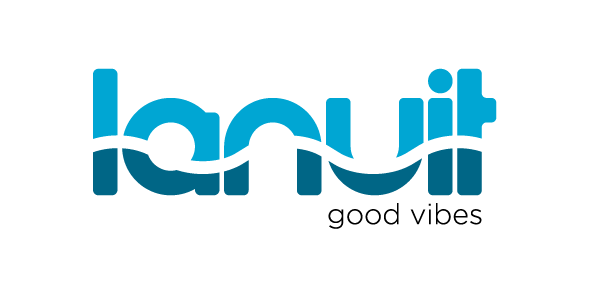Summer Naps: Benefits and How to Take Them Correctly
Summer brings longer days, higher temperatures, and often a feeling of fatigue due to the heat. During these months, taking a nap can be an effective way to recharge and improve overall health and well-being. However, to get the most out of a nap, it’s important to know the ideal duration and timing. In this blog post, we will explore the benefits of short naps during summer and offer practical tips on how to take them correctly.

Benefits of Summer Naps
- Improved Cognitive Performance
Naps can significantly enhance cognitive performance, including memory, concentration, and problem-solving ability. This is particularly beneficial in the summer when the heat can make us feel slower and less alert. - Increased Energy
A short nap can be an excellent way to recover energy lost due to high temperatures and physical activity. This can help you stay active and productive for the rest of the day. - Enhanced Mood
Sleeping a bit during the day can improve your mood and reduce stress levels. Naps help reduce feelings of fatigue and can make you feel more positive and relaxed. - Improved Physical Performance
Naps can also benefit physical performance. For those who engage in sports or physical activities, a nap can help improve coordination and endurance. - Reduced Risk of Illness
Regular naps can contribute to reducing the risk of cardiovascular diseases. Studies have shown that people who nap regularly are less likely to suffer heart attacks and other heart-related problems. - Recovery of Lost Sleep
During summer, changes in routine and high nighttime temperatures can affect the quality of nighttime sleep. Naps can help compensate for this deficit, ensuring you get the necessary rest.
Ideal Nap Duration for Summer
The duration of a nap is crucial to maximize its benefits and avoid negative effects like sleep inertia, which is the groggy feeling that can occur if you wake up during a deep sleep phase. Here are some guidelines for nap durations:
- Ultrashort Nap (5-10 minutes)
- Benefits: Can improve alertness and cognitive ability without entering a deep sleep phase.
- Ideal for: A quick energy boost and mental clarity.
- Short Nap (20-30 minutes)
- Benefits: Enhances performance and alertness without the effects of sleep inertia. This duration allows the body to enter phase 2 of sleep, which is restorative without reaching deeper phases.
- Ideal for: Recovering energy and improving concentration.
- Long Nap (60-90 minutes)
- Benefits: Includes a complete sleep cycle, allowing for REM sleep, which is important for memory and creativity. However, it can result in sleep inertia if interrupted.
- Ideal for: Recovering lost sleep and improving complex cognitive skills.
Ideal Timing for Summer Naps
The time of day you take a nap also affects its effectiveness. Here are some tips on the ideal timing for naps:
- After Lunch (12:00-14:00)
- This is the most natural time to feel sleepy due to the body’s circadian rhythms. It’s also the best time for a short nap without affecting nighttime sleep.
- Ideal for: A quick nap to recharge and improve afternoon productivity.
- Early Afternoon (14:00-16:00)
- Napping during this window can still be beneficial, but be careful not to sleep too late as it can interfere with nighttime sleep.
- Ideal for: People who need an energy boost for afternoon activities or work.
How to Nap Correctly
To get the most out of your summer naps, here are some practical tips:
- Find a Cool, Dark Place
- Look for a place where you can lie down comfortably and where the temperature is pleasant. A dark environment can help you fall asleep faster.
- Maintain a Regular Schedule
- Try to nap at the same time every day to train your body and establish a routine.
- Use a Sleep Mask and Earplugs
- If you can’t find a dark and quiet place, a sleep mask and earplugs can help create a conducive environment for rest.
- Set an Alarm
- Set an alarm to wake up after the desired time to avoid sleeping too long and affecting your nighttime sleep.
- Relax Before the Nap
- Take a few minutes to relax and calm your mind before trying to sleep. Deep breathing techniques or meditation can be helpful.
- Avoid Caffeine and Heavy Meals
- Consuming caffeine or heavy meals before a nap can make it difficult to fall asleep. Try to avoid these foods and drinks at least an hour before your nap.
Customize Your Nap
Not all naps are the same, and what works for one person may not be ideal for another. Experiment with different durations and times of the day to find the combination that works best for you.
Summer naps can be a powerful tool to improve your overall health and well-being. By following these tips on the ideal duration and timing, as well as creating a conducive environment for rest, you can maximize the benefits of naps and enjoy a more energetic and productive summer. Remember, the goal is to complement your nighttime sleep, not replace it, so pay attention to your body’s signals and adjust your nap habits as needed.
Enjoy your naps and have a revitalizing rest this summer!





Leave a Reply
Want to join the discussion?Feel free to contribute!